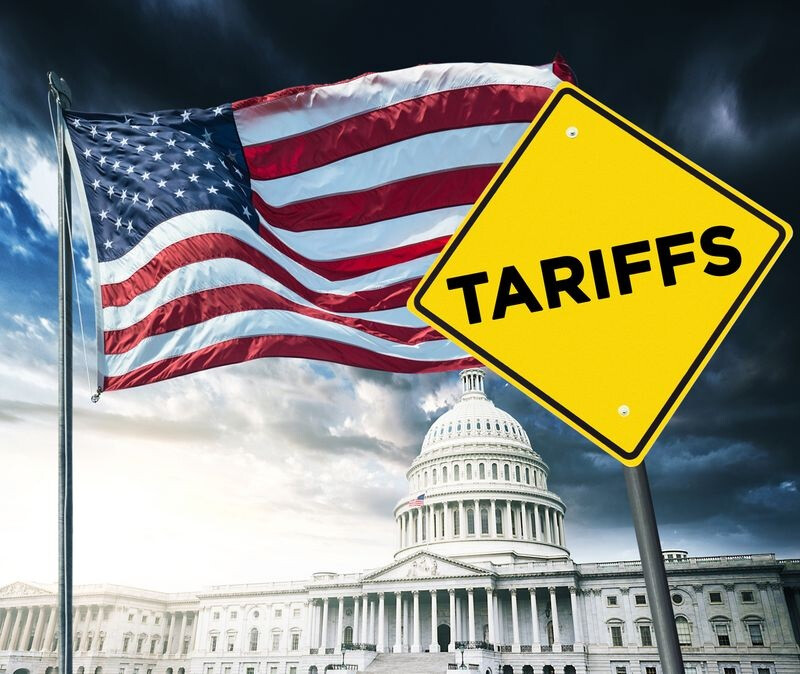
WASHINGTON — In a significant setback for the Donald Trump administration's key economic agenda, a U.S. federal appeals court has ruled that the "reciprocal tariffs" imposed globally under the International Emergency Economic Powers Act (IEEPA) are unlawful. This verdict from the U.S. Court of Appeals for the Federal Circuit affirms an earlier ruling by the U.S. Court of International Trade (CIT), casting serious doubt on the future of the administration's tariff policy.
The appeals court's decision, handed down just three months after the initial CIT ruling, was remarkably swift, a pace that suggests a shared legal consensus among judges that the tariffs are in violation of the law. The court held that while the IEEPA grants the president authority to act in national emergencies, it does not include the power to impose tariffs. The lack of a clear procedural safeguard limiting the president's tariff authority was also cited as a key issue.
The legal challenge began after a coalition of small businesses, including a New York-based wine importer, and a dozen states led by Oregon, filed a lawsuit arguing the tariffs were causing significant harm and that the president had overstepped his authority by unilaterally imposing them without congressional approval. Both the CIT and the appeals court agreed with the plaintiffs, stating that the IEEPA’s legislative intent does not encompass tariffs or taxation.
Despite these consecutive legal defeats, President Trump has indicated his intent to appeal to the Supreme Court. While the Supreme Court has a 6-3 conservative majority, legal experts and news outlets like Reuters and The New York Times suggest a victory for the administration is not guaranteed. There is a strong sentiment, even among some conservative legal scholars, that the president's use of the IEEPA for tariff imposition represents an overreach of executive power.
Should the Supreme Court uphold the lower courts' rulings, the Trump administration is expected to seek alternative avenues to maintain its protectionist trade policy. Analysts predict a shift toward increasing the use of Section 232 of the Trade Expansion Act of 1962, which allows the president to impose tariffs on imports deemed a threat to national security. Another potential path is the use of Section 122 of the Trade Act of 1974, which permits temporary tariffs for up to 150 days in response to unfair trade practices. The administration has also suggested that it could attempt to delay the enforcement of any final court ruling to prolong the effectiveness of the current tariffs.
[Copyright (c) Global Economic Times. All Rights Reserved.]






























